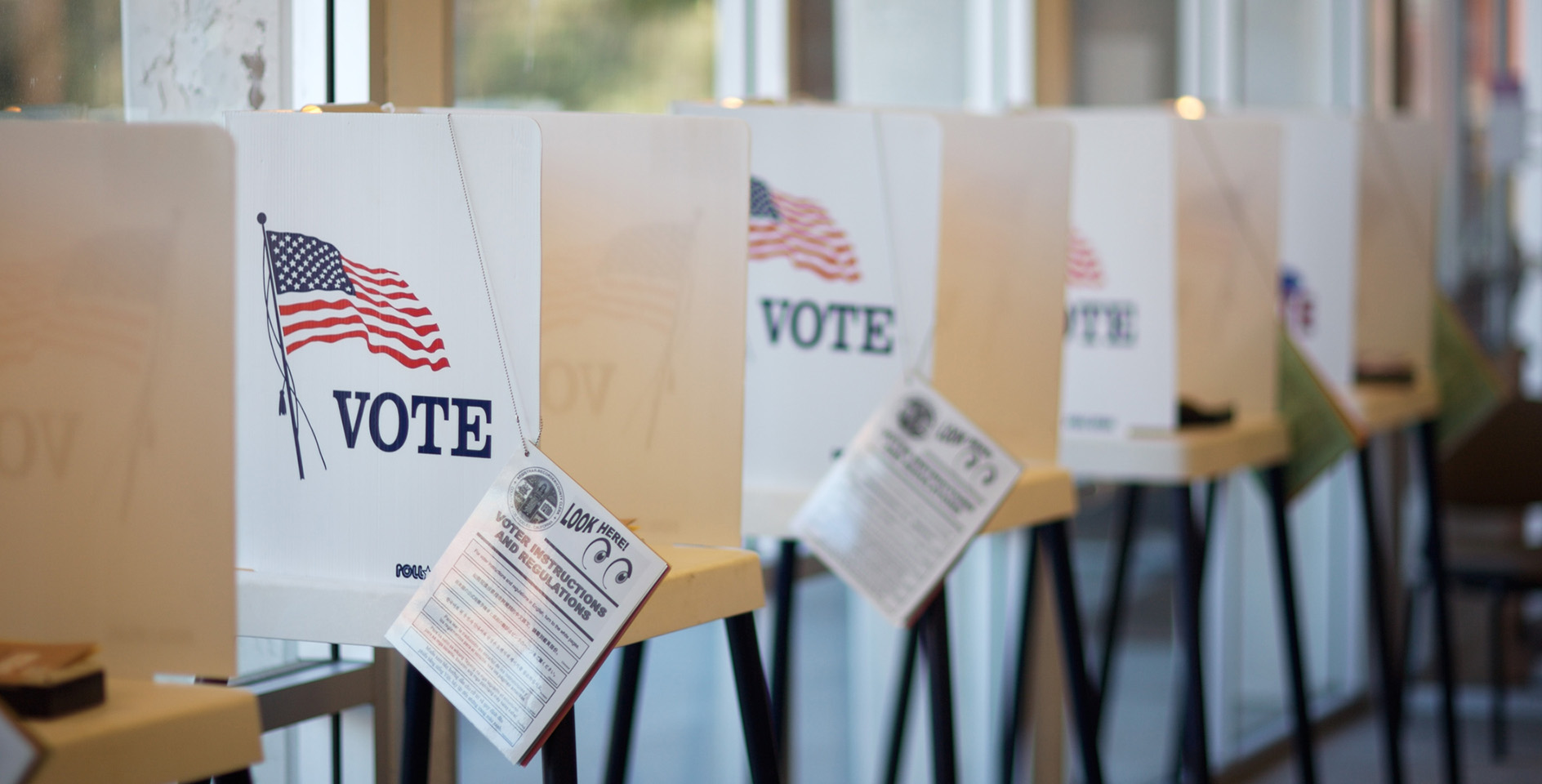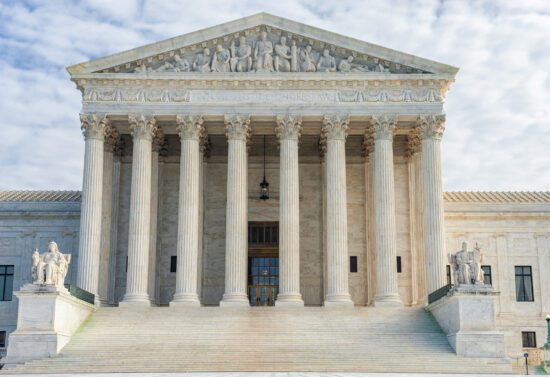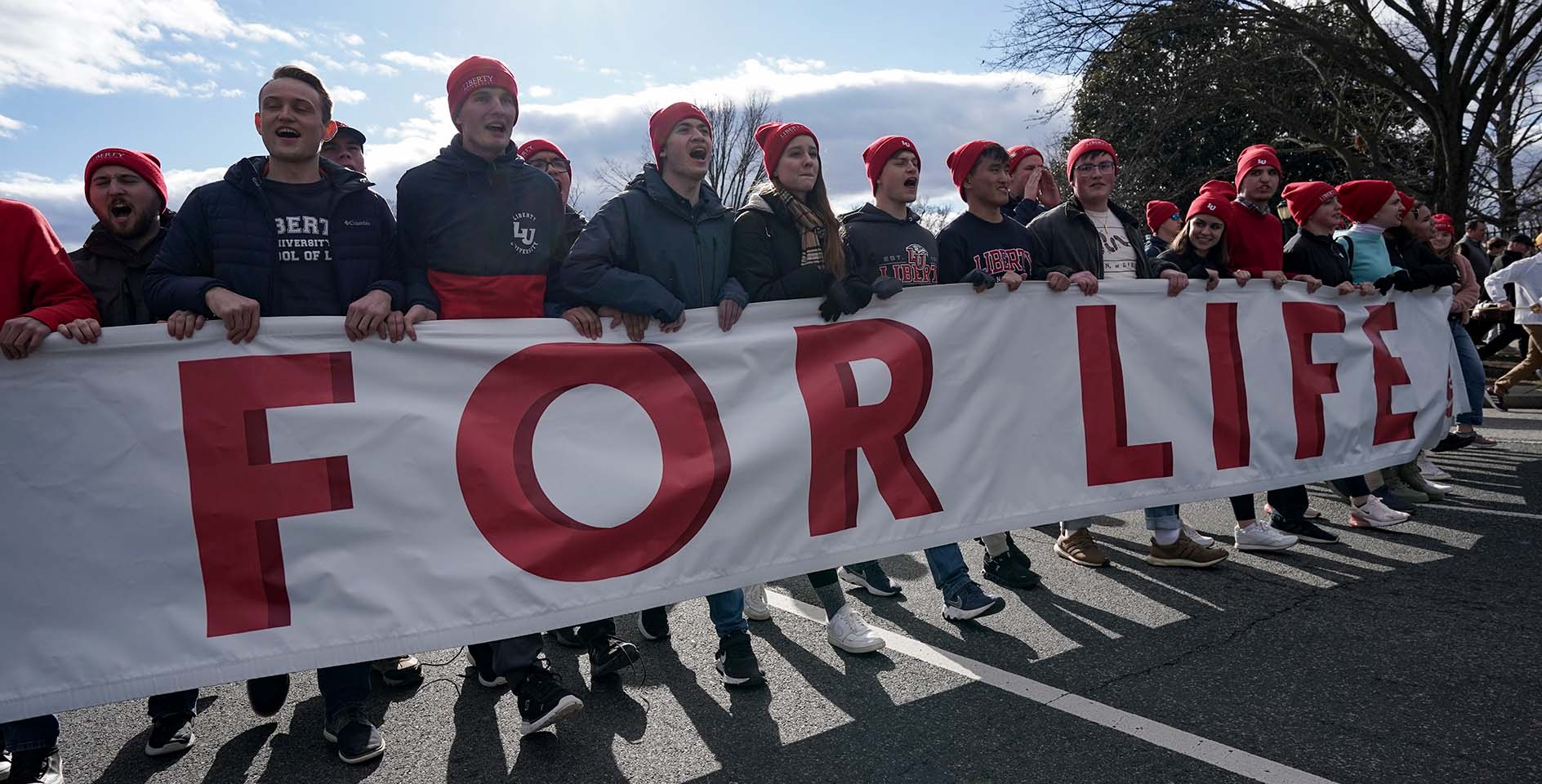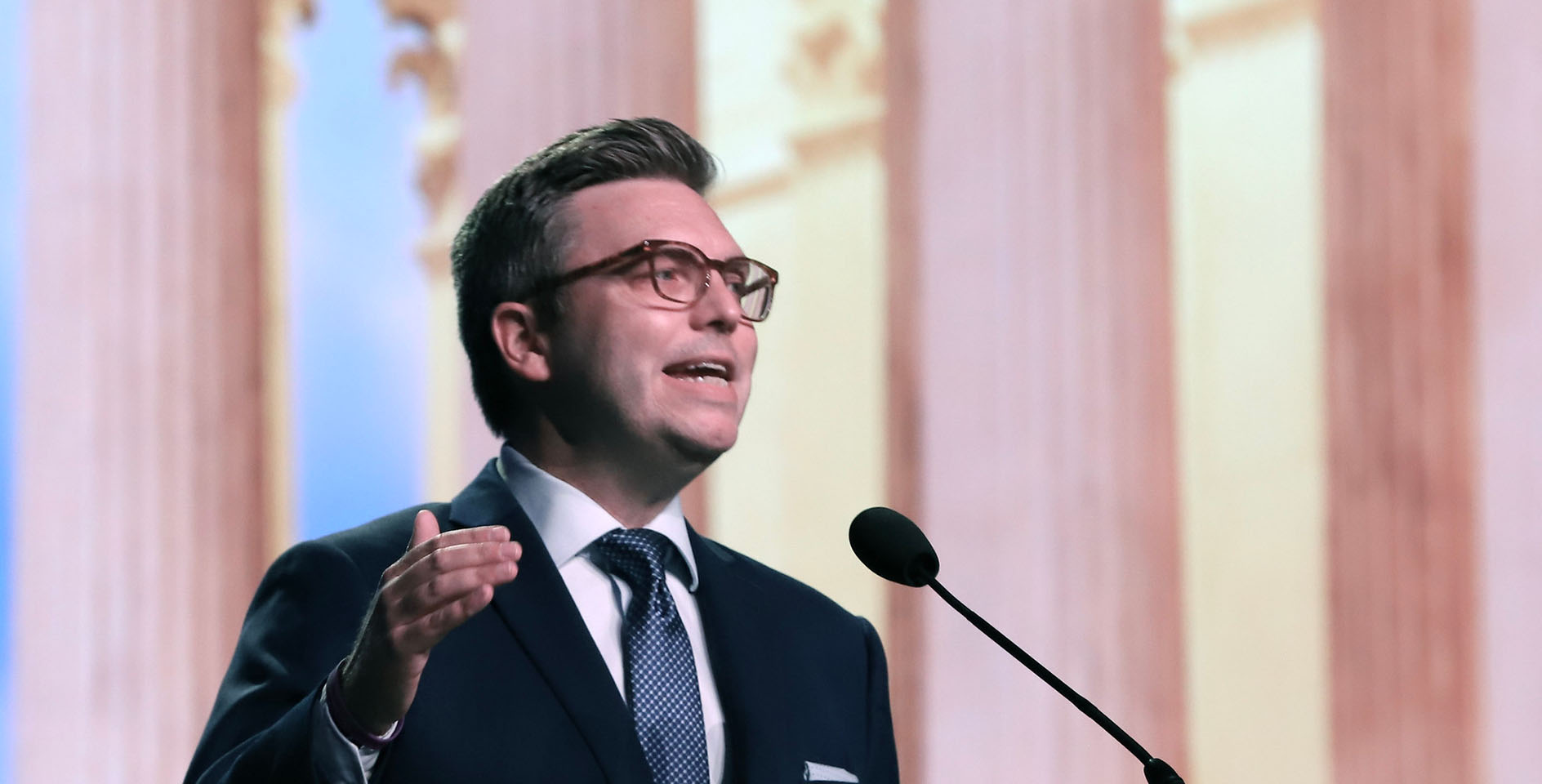This week the pro-life movement was handed a once-in-a-decade moment to change the debate on politics of abortion. Will Christians have the courage to take advantage of this opportunity?
Here is a breakdown of what happened.
Sen. Rand Paul announced his bid for the presidency on Tuesday, and by the next day reporters were already pressing him to defend his position on abortion. An Associated Press reporter asked Paul whether he would allow some exemptions in abortion policies. The senator answered,
The thing is about abortion—and about a lot of things—is that I think people get tied up in all these details of, sort of, you're this or this or that, or you're hard and fast (on) one thing or the other. I've supported both bills with and without (exceptions), you know. In general, I am pro-life. So I will support legislation that advances and shows that life is special and deserves protection.
According to Bloomberg Politics, the Democratic National Committee (DNC) pushed that interview out to reporters at 1 p.m. Within minutes Paul was asked by another reporter to respond to the DNC’s email and clarify where he stood on exemptions:
What's the DNC say? We always seen to have the debate wayyyyyy over here on what are the exact details of exceptions, or when it starts. Why don’t we ask the DNC: Is it okay to kill a seven-pound baby in the uterus? You go back and you ask [FL congresswoman and DNC chair] Debbie Wasserman Schultz if she’s OK with killing a seven-pound baby that is just not yet born yet. Ask her when life begins, and you ask Debbie when she’s willing to protect life. When you get an answer from Debbie, come back to me.
Within hours Wasserman Schultz issued a statement responding to Paul that said:
Here’s an answer … I support letting women and their doctors make this decision without government getting involved. Period. End of story. Now your turn, Senator Paul. We know you want to allow government officials like yourself to make this decision for women — but do you stand by your opposition to any exceptions, even when it comes to rape, incest, or life of the mother? Or do we just have different definitions of ‘personal liberty’? And I’d appreciate it if you could respond without ’shushing’ me.
When Paul was asked about the statement on CNN, he said,
Sounds like her answer is yes, that she's okay with killing a seven-pound baby. . . But Debbie's position, which I guess is the Democrat Party's position, that an abortion all the way up until the day of birth would be fine, I think most pro-choice people would be really uncomfortable with that. So I don't know — I really think she's got some explaining to do.
In her defense, Wasserman Schultz was merely doing her job by restating the Democratic Party platform:
The Democratic Party strongly and unequivocally supports Roe v. Wade and a woman's right to make decisions regarding her pregnancy, including a safe and legal abortion, regardless of ability to pay. We oppose any and all efforts to weaken or undermine that right. Abortion is an intensely personal decision between a woman, her family, her doctor, and her clergy; there is no place for politicians or government to get in the way.
That statement is carefully worded for maximum obfuscation. Knowlegeable abortion supporters know it means opposing any restrictions on abortion from the moment of conception until the baby has left the birth canal.
Many “pro-choice” advocates support Roe because they believe it puts restrictions on third-trimester abortions. It does not. Contrary to the popular perception, Roe does not limit abortion to the first trimester but institutionalized abortion on demand in all 50 states throughout all phases of a pregnancy. As the Supreme Court wrote in the 1992 case Casey v. Planned Parenthood, “we reject the trimester framework, which we do not consider to be part of the essential holding of Roe.”
Because Roe protects partial-birth abortion, the Democratic Party platform endorses at least some forms of infanticide (the question of where to draw the line on killing viable babies, inside or outside the womb, is left unclear).
The platform statement also refers to “doctors” helping the women to make the decision. As Wasserman Schultz said, “I support letting women and their doctors make this decision without government getting involved.” When most people hear the word “doctor” they think of a primary-care physician. But in this context it is referring to an abortionist.
The Doe v. Bolton case, decided on the same day as Roe, states that a woman may obtain an abortion after viability, if necessary to “protect her health. That determination about health is made by the “attending physician,” which, as Ramesh Ponnuru has explained,
The 'attending physician'—in real life, very often an abortionist with a financial stake in the decision—can always say that in his medical judgment, the abortion was necessary to preserve the woman's emotional 'health,' especially considered in light of her 'familial' situation. Any prosecution would have to be abandoned as unconstitutional. In other words: The Supreme Court has effectively forbidden any state from prohibiting abortion even in the final stages of abortion.
This radical support for abortion without restriction from conception to partial-birth is outside the mainstream of American’s views on the issue. Almost two-thirds of Americans (71 percent) support some restrictions, especially on late-term abortions (80 percent believe that abortion should be illegal in the last three months of pregnancy).
If more people were aware of where the Democratic Party stood on the issue, it might force them to moderate their position. But they are able to maintain their radical view in large part because many Christians, including pastors and religious leaders, refuse to speak freely.
Too many Christians refuse to directly criticize the Democratic Party’s position on abortion because of a fear of being considered “partisan.” The assumption is that any direct pushback of the Democrat’s abortion policy is considered a tacit endorsement of the GOP. This is not just wrong, it is dangerous. While we may align with a political group, Christians should not be beholden to any party. We should hold all political parties accountable when they are espousing unbiblical and anti-human ideas. If this gets us called “partisan,” then that is the price we must pay. The American church has a serious problem if we are more worried about being mislabeled as “partisan” than we are in protecting innocent human life.
By refusing to speak up we are not only failing the weak and vulnerable, but also failing our fellow believers. The reality is that there are a large number of committed pro-life Christians who are still completely unaware that the Democratic Party not only supports third-trimester and partial-birth abortions but that the party expects us to pay for them as well, regardless of whether it violates our conscience.
The reason our brothers and sisters in Christ remain unaware is that even when pastors and leaders speak out against abortion they often refuse to acknowledge who is enabling this policy. The reality is that the reason unrestricted abortion continues in American is not because of Planned Parenthood or the National Abortion Rights Action League but because of the Democratic Party. And they do so with both the direct and indirect support of the Church.
It shouldn’t have taken a partisan politician to inform the public that one of the two major political parties supports the right to kill a seven-pound baby who is days away from being born. That information should have come from the mouth of every pro-life Christian leader. But now that more Christians know, we need to ask what we plan to do about it. What are we all, as the Body of Christ, going to do to limit the radical abortion politics of the Democratic Party?







